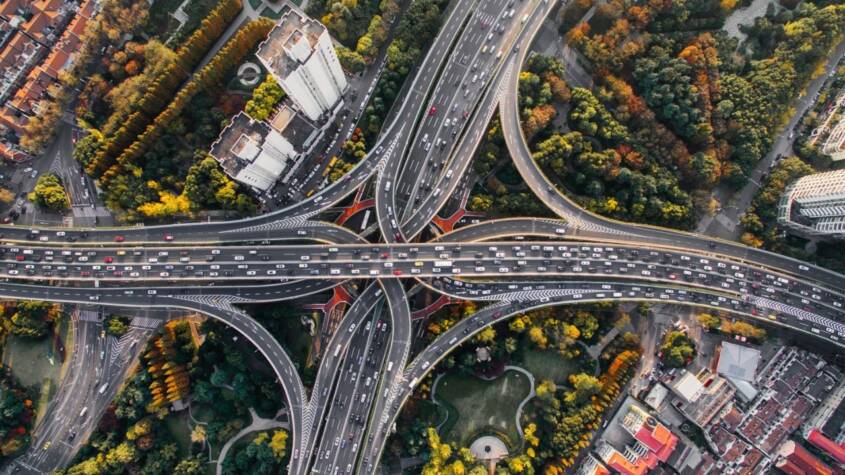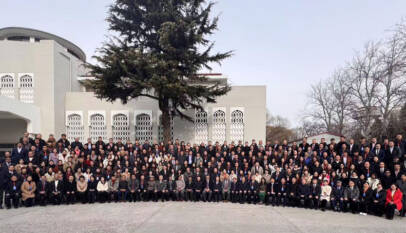International Cooperation Center, National Development and Reform Commission
Shakeel Ramay, Director of the China Study Center at the Islamabad-based Sustainable Development Policy Institute, hinted at improved and more reliable global logistics and supply-chain systems due to China’s investment in overhauling transport infrastructure. Last month, to make the country’s transport system convenient, cost-effective, green, intelligent and safe, China unveiled her plans to build the country’s strength in the transport sector over the next 15 years and set up long-term goals for the industry, with the aim of high-quality construction of national transport network. Major beneficiaries of this development, as per Shakeel, will be the perishable commodities, agricultural commodities like fruits, vegetables, and even the meat industry. Moreover, he said that the improved transport network will facilitate Pakistan’s exports to China’s Xinjiang and other regions and BRI countries.
ISLAMABAD, March 7 (Xinhua) — China’s plans to expand and modernize its transport network will make global logistics and supply-chain systems more efficient and reliable, Pakistani political economist Shakeel Ramay has said.
“China’s investment under the transportation network planning will definitely help boost the global logistics industry, the global supply chain and the transportation network” against the backdrop of global economic setbacks, Ramay, also director of the China Study Center at the Islamabad-based Sustainable Development Policy Institute, told Xinhua in a recent interview.
Last month, China unveiled plans to build the country’s strength in the transport sector over the next 15 years, setting long-term goals for the industry, with the aim of developing a modern, high-quality and comprehensive national transport network.
By 2035, the country’s transport network should be convenient, cost-effective, green, intelligent and safe, according to the guidelines jointly released by the Central Committee of the Communist Party of China and the State Council.
Ramay said the plans will also “have a positive impact on global trade.”
“China is becoming the global hub of trade,” he said, noting that the country’s total imports and exports of goods expanded 1.9 percent year-on-year to 32.16 trillion yuan (about 4.97 trillion U.S. dollars) in 2020, hitting a record high despite such challenges as the COVID-19 pandemic and trade protectionism.
Besides, China’s investment under the plans will help improve customer satisfaction in product quality, and at the same time reduce logistics costs, he said.
“Perishable commodities, agricultural commodities like fruits, vegetables, and even the meat industry will also be benefiting from this efficient transportation infrastructure,” he said.
“Also, China is trying to build these transport infrastructures in an inclusive way, taking into consideration not only the human being of the countries but also the ecological requirement of the planet,” he added.
Noting that Pakistan’s transport infrastructure has been greatly improved with the implementation of the China-Pakistan Economic Corridor, a landmark project under the Belt and Road Initiative (BRI), Ramay said the transport plans will further improve the land routes between the two countries and promote bilateral trade.
They will “facilitate Pakistan’s exports to China’s Xinjiang and other regions and BRI countries, while China can also regard Pakistan as a transit country for trade with other countries. It will be a win-win situation,” he said.
Pakistan’s capital market delegation visits China, signs MoUs
Karachi – A high-level delegation from Pakistan’s capital market, led by Mr Akif S…













